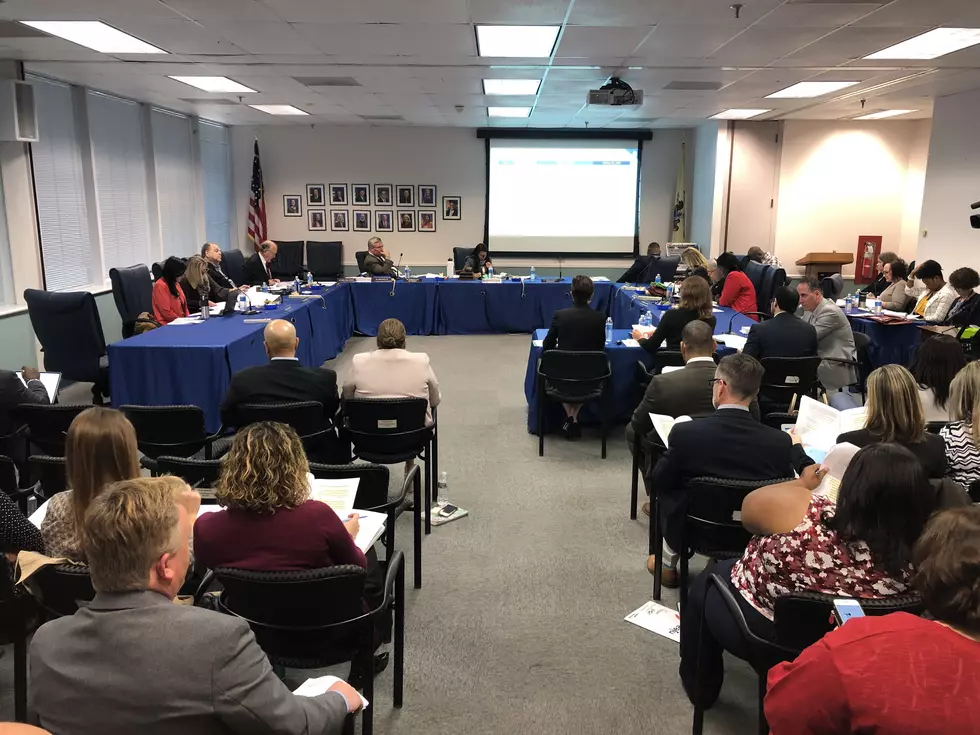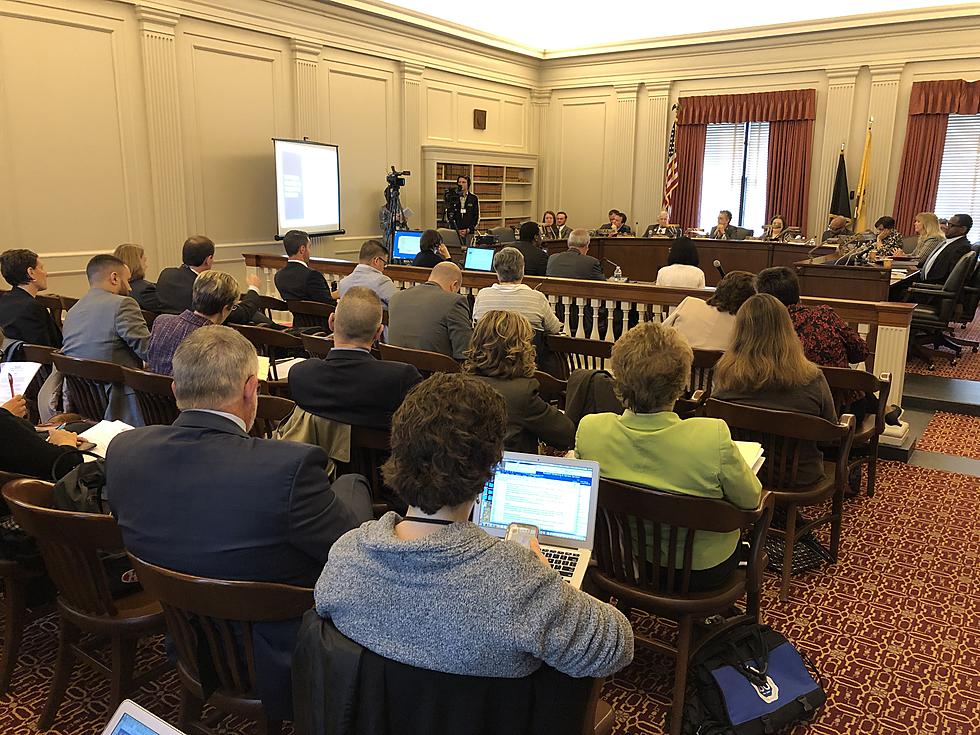
PARCC tests – NJ parents, students worry about the impact of opting out
With testing for the controversial Partnership for Assessment of Readiness for College and Careers (PARCC) set to begin at most schools on Monday some parents are still wondering what will happen if they have their children opt out of the test.
The New Jersey Assembly has moved to address some concerns about PARCC by passing a measure that would bar educators from making the test a graduation requirement or using the results to determine student placement for three years.
The bill, passed last week, has been sent on to the State Senate.
But concerns by parents, students and some teachers remain widespread.
Parent Beth O'Donnell-Fischer tells CBS New York she and many parents are concerned about the message sent home by Superintendent William Petrick that a student's refusal to take the test would be interpreted as "misconduct."
In the Passaic County community of Haledon, parents were told their children may not opt-out of taking the PARCC test. "If your student is in school at any time during the testing months of March or May, he or she must sit for the test," reads a message on the school website. "In accordance with the administrative code and Commissioner Hespe, "Schools are not required to provide an alternative educational program for students who do not participate in the statewide assessment."
The Livingston Board of Education is supportive of standardized testing but not the PARCC tests. In a resolution passed earlier in the week the BOE is critical of the "rush to implement" PARCC they say has "created organizational stress" within the district on the budget, school technology and the "reallocation of staff" to prepare for the test .While encouraging participation, the BOE says it will accommodate those who don't take the test. CBS New York reports that over 1,000 Livingston parents are opting their children out of the PARCC test.
Hamilton Township in Mercer County, which began PARCC testing early due to technology restraints, said that students who opt-out will "be able to read or work independently on a crossword (puzzle) or a word search in the testing room."
NJ.com reports that two Clifton High School students who wore shirts with a message about opting out of the tests were told by the principal to change their shirts. One of the students, junior Allison Proszowski, tweeted that "By forcing me to take off my shirt, the school is infringing on my rights as an American citizen." She later taped a flyer to her shirt with a similar message.
Richard Tardelo, Clifton's school superintendent, sent a letter home to parents about the PARCC testing explaining that "specific protocols" have been developed by the district for students who opt-out of the test. The letter notes, however, that students are required to take the test and encouraged parents to "make sure your child participates in PARCC."
The group Montclair Cares About Schools will debut a film documentary they helped produce about national testing programs and the effects of PARCC-type testing on schools titled “The Other PARCC:Parents Advocating Refusal on High Stakes Testing."
Filmmaker Michael Elliot, who produced a similar film about standardized testing in New York State. will take questions along with some of the people in the film. The free program begins at 3 p.m. on Sunday afternoon at the Montclair Fire Station.
State Education Commissioner David Hespe said it's understandable that parents are concerned about their children's education but the issue of test-taking, and what is appropriate is nothing new in New Jersey. He said the state has had its annual assessments for many years and for a variety of reasons some students have refused to participate in the testing.
"For decades, schools have handled these situations quite well. They apply their own local policies and they work through it with the parents and the students; they know what to do," he said. "Rarely do we see disciplinary measures being taken against a student, we won't force a student to take a test necessarily."
Hespe's recommendation to local school officials is to communicate with parents and other stakeholders in the community and explain why it's so important for their children to participate in the testing program.
David Matthau contributed to this report
MORE COVERAGE:
More From New Jersey 101.5 FM









